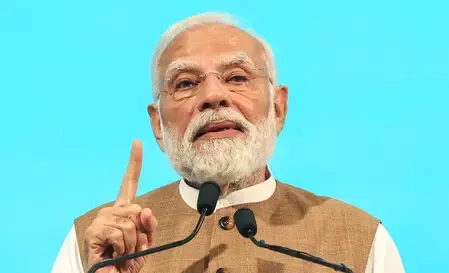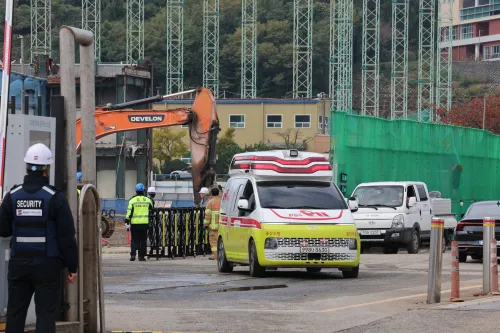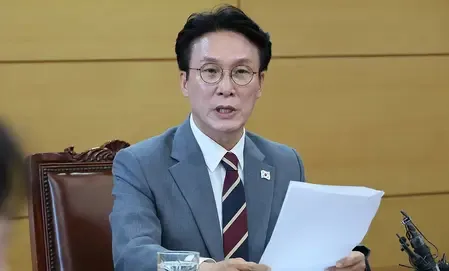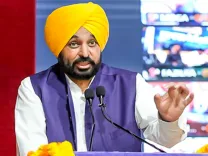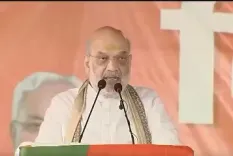Dominic LeBlanc Takes Office as Canada's New Finance Minister
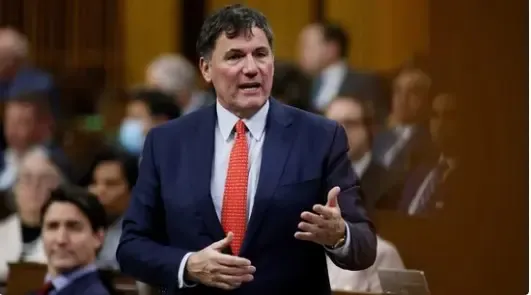
Ottawa, December 17 (NationPress) Dominic LeBlanc, who previously served as Canada’s Public Safety Minister, has been appointed as the new Finance Minister following a swearing-in ceremony at Rideau Hall in Ottawa.
After the ceremony, the new Finance Minister expressed that his primary goal will be to reduce the cost of living for Canadians and to enhance relationships with the United States.
LeBlanc, a longtime friend of Prime Minister Justin Trudeau, recently joined Trudeau for a dinner with U.S. President-elect Donald Trump at the Mar-a-Lago resort.
The 57-year-old Member of Parliament from New Brunswick, who has been in office since 2000, is the son of former Governor-General Romeo LeBlanc.
In addition to his new role, LeBlanc will retain his position as Minister of Intergovernmental Affairs.
On the same day, Chrystia Freeland unexpectedly resigned as Finance Minister, informing Trudeau in a letter that they had differing views about the future direction of the country.
The Liberal government released an economic update on Monday, revealing that the deficit was significantly higher than the anticipated target for the fiscal year ending March 31.
The report indicated a deficit of 61.9 billion Canadian dollars (approximately $43.5 billion), compared to the target of 40.1 billion Canadian dollars (around $28.2 billion).
Freeland's resignation dealt a blow to Trudeau, who is grappling with diminishing approval ratings and internal party dissent, as well as the looming threat of a trade conflict with the U.S.
In her resignation letter posted on X, Freeland disclosed that last week Trudeau had informed her he no longer wished for her to continue in the role, suggesting another cabinet position instead.
Trudeau has yet to publicly address Freeland's resignation, which follows his recent meeting with provincial leaders to discuss strategies for managing the potential trade war with Trump, who is set to take office on January 20.
Trump has promised to implement 25 percent tariffs on goods from Canada and Mexico unless both nations halt what he calls an 'invasion' of undocumented migrants and drugs.
The Trudeau administration is believed to be forming plans to bolster border security and monitoring in reaction, while also facing increasing pressure to adopt a firmer stance against Trump.
Details regarding the border strategy were slated to be presented to the Parliament of Canada on Monday, coinciding with the economic update Freeland was supposed to deliver.
Freeland had also experienced disagreements with Trudeau regarding government spending, with the update becoming public only after her resignation.
These developments occur as Trudeau's Liberal Party gears up for elections required before the end of October next year, with Trudeau confirming his intention to continue leading the party.
Given that the Liberals do not hold an outright majority, the withdrawal of support from the allied New Democratic Party could trigger an election at any moment.
Meanwhile, Trump's election has intensified fears that Canada may be affected by global anti-incumbency movements, potentially allowing the Conservative Party, led by populist Pierre Poilievre, to seize power for the first time since 2015.
After nearly ten years in power, Trudeau saw his approval ratings fall to just 33 percent in September.


